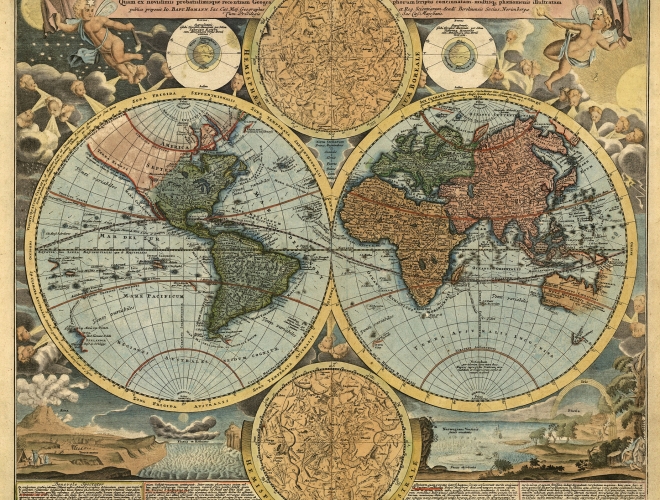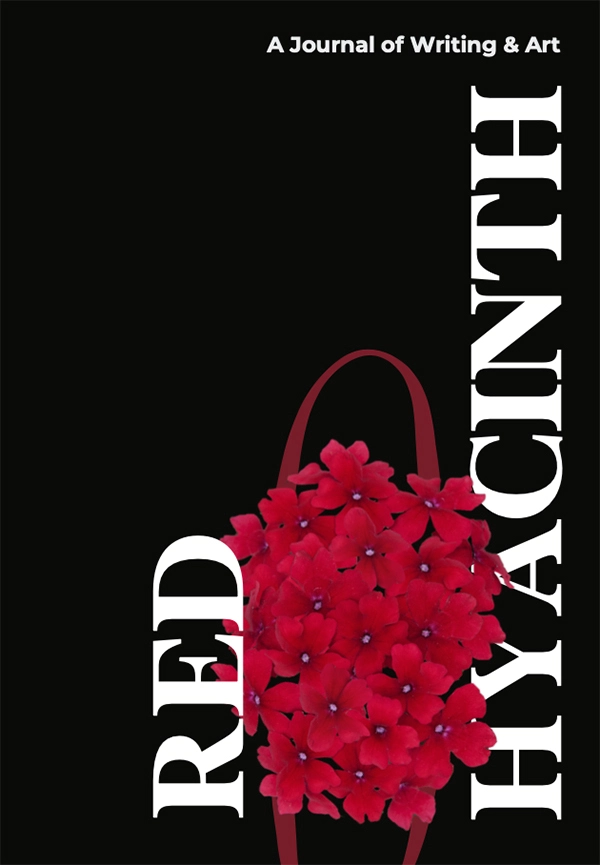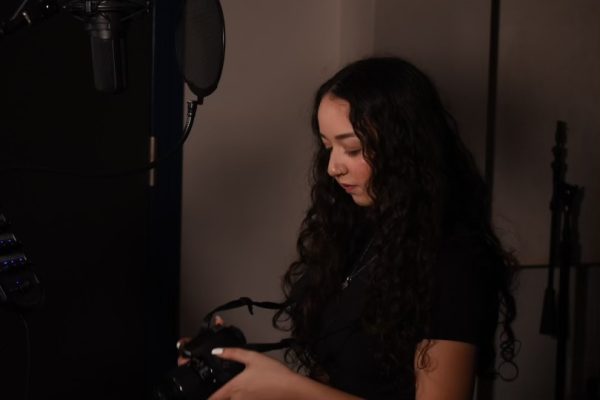Mercy University is about to update its curriculum and offer more opportunities for students who are avid history lovers with the help of the National Endowment for the Humanities.
Mercy University’s School of Liberal Arts received a $147,610 Humanities Initiatives grant from the NEH. This grant was awarded to associate professor Dr. Maureen MacLeod and associate professor Dr. Caitlin Wiesner with the hopes of reshaping general education History survey classes.
Wiesner is more than happy to put this grant to use.
“I am thrilled to partner with Dr. MacLeod in directing ‘Global Horizons: Reimagining and Reinvigorating the History Survey,” Wiesner said.
The NEH is a federal agency that funds humanities programs in the United States to explore, interpret, and preserve the diversity of human cultures, ideas, practices and experiences, past and present.
According to the NEH, the humanities are the languages, religions, laws, philosophies, and customs that make people distinct. They are the history and our cultures, the ideas and movements that have shaped societies throughout time.
Since its founding in 1965, the agency has awarded over $6 billion in grants to museums, historic sites, colleges, universities, K–12 teaching, libraries, public television and radio stations, research institutions, independent scholars, and its humanities council affiliates in each of the nation’s 56 states and jurisdictions, according to its website.
At Mercy, there are two types of history courses taught by professors, 200 and 300 level courses for history majors and 100 level courses for general education. However, non-majors are welcome to take a 200 or 300 level course, but majority fulfill their general education requirement with a 100 level, according to Wiesner.
“Our traditional course offerings at the 100-level are introductory surveys. In other words, they cover the history of a large geographical region over a set period of time.” Wiesner explained.
Currently, these courses include, HIST 101 (European History through 1500), HIST 102 (European History Since 1500), HIST 105 (American History since 1877), HIST 117 (Introduction to Asian History), and HIST 119 (Introduction to Latin American History).
Wiesner added that since the Fall of 2023, the History Program has been piloting sections of a new introductory survey course: HIST 194: Special Topics in History. These courses vary depending on the expertise and interests of the instructor, but all of them are thematic in focus and global in scope.
“For example, I first taught Global History of Sex in Spring 2024, and I am teaching it again in Spring 2025.” Wiesner said.
This grant will help Mercy’s full-time and part-time faculty create new courses that support their expertise in historical methodology for first- and second-year students by implementing a three-year curricular and faculty development program to reconfigure the general-education history survey classes, creating twenty new thematic global history courses.
MacLeod said, “This grant is a step in the right direction for adopting more equity-minded pedagogical practices.”
When applying for this grant from NEH, the two professors aimed to continue finding ways to better engage students through a more diverse range of topics that would inspire them to become more active learners.
Some new topics offered or will be offered under special topics include witchcraft, museum collections, addiction, animals, and food.
In the past, MacLeod and the School of Liberal Arts had also secured the Humanities Connections grant from NEH alongside the Humanities Initiatives. The Humanities Connections grant served as a pathway for the staff within General Education through the Humanities to enhance the experience of science and health majors.
As a matter of fact, Mercy’s General Education History program was one of 219 projects nationwide selected by the NEH to receive a grant.
MacLeod and Wiesner hope to rewrite the traditional history survey by developing courses that integrate constantly advancing technology, enhance students’ written communication skills, and explore a wider range of diverse perspectives in history, literature, philosophy, and other areas of the humanities.
With the support of the NEH grant, Mercy will gradually offer more unique sections of Special Topics in History HIST 194 each semester over the next three years, said Wiesner. “While we do not anticipate that HIST 101, 102, 105, 105, 117, and 119 will disappear completely, we will offer fewer sections as we offer more sections of HIST 194.”










